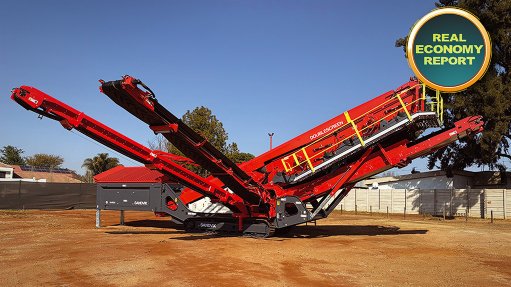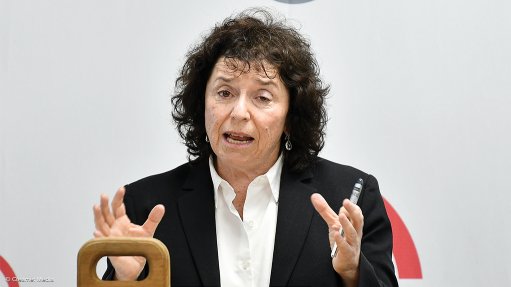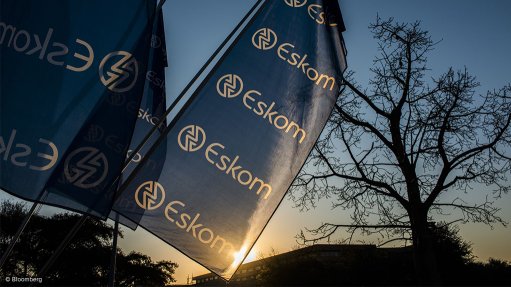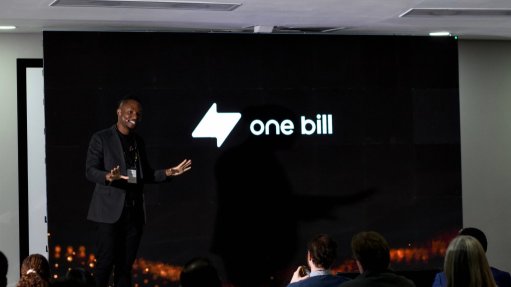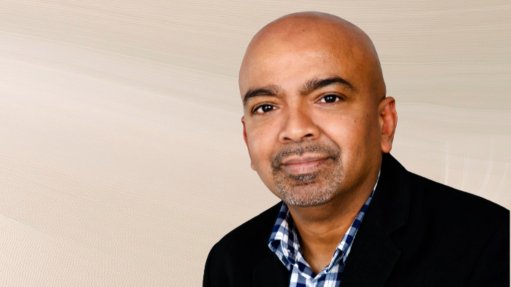Speakers mull geopolitical considerations for mining industry
The second day of the London Indaba kicked off with an opening keynote session delivered by British diplomat Lord Mark Sedwill, during which he pondered some broad considerations for the mining industry and its stakeholders in the current geopolitical climate.
With many countries detailing their critical minerals lists and demand for these resources increasing, Sidwell pointed out that the demand from the defence industry was smaller than perceived, with climate change and technological revolution being bigger drivers.
He also mentioned the challenges in separating supply of the defence industrial sector from the civilian industrial sector, with much overlap in the technologies used in both areas.
Sedwill also highlighted the strategic economic benefit of countries taking a nonaligned stance, allowing them to navigate complex geopolitical and regional tensions, if properly undertaken.
This could be especially beneficial for African countries that host considerable natural resources and have to contend with demand and conflicting interests from superpowers like the US and China, whose relationship is strained.
Nonaligned countries would find it easier to navigate and maintain a good trading relationships with both countries, compared with those that had traditionally chosen alliances, with there being a perception that this being a binary choice, Sedwill explained.
He did expect the relationship between the US and China to stabilise over time, albeit subject to fluctuations, with these countries seeking to avoid direct confrontation. Sidwell posited that there would be a detangling in the economies, but that this would be in certain areas such as defence, life sciences and technology, rather than a wholesale detangling given that there were still considerable trading blocs.
There was, also, the potential for African countries to come together and trade as more of a bloc, to leverage greater negotiating power, Sedwill said. This was, however, challenging, as the countries were diverse with varied political viewpoints.
Other advice he gave for mining companies, investors and stakeholders navigating the geopolitical situation included for them to “avoid the noise”, and find the long-term trends; and to diversify their customer bases and supply chains for resilience and to avoid being over reliant on certain markets.
Moreover, the economic environment was also expected to become more challenging, with fragmented markets and protectionism, and there was a need for companies to secure patient capital, have a strong balance sheet and drive innovation, Sidwell asserted.
Meanwhile, during a panel discussion proceeding Sedwill’s speech, some of the takeaways included the need for mining stakeholders to discern between the real risk and perceived risk in jurisdictions.
With mining being a long-term game, and there always being the risk of uncertainty in any region, it was highlighted as critical to stand by governments and stakeholders for the longer term, and to get the crucial buy-in from local communities and players, given they can expect considerable influence.
Moreover, there is a need to build long-term trust and undertake proactive and transparent communication with host governments, rather than only approaching them when there are issues.
While attracting financial capital was important, it was also noted that an oft forgotten element was that of talent capital, with a need to consider the depth and diversity of the talent pipeline, with this needing to cater to the shifting landscape and provide digital, climate and community skills, among others.
There also needs to be consideration on how to attract the next generation into the industry, with factors such as living and working in remote mining areas, and having to adapt to longer-term work.
Comments
Press Office
Announcements
What's On
Subscribe to improve your user experience...
Option 1 (equivalent of R125 a month):
Receive a weekly copy of Creamer Media's Engineering News & Mining Weekly magazine
(print copy for those in South Africa and e-magazine for those outside of South Africa)
Receive daily email newsletters
Access to full search results
Access archive of magazine back copies
Access to Projects in Progress
Access to ONE Research Report of your choice in PDF format
Option 2 (equivalent of R375 a month):
All benefits from Option 1
PLUS
Access to Creamer Media's Research Channel Africa for ALL Research Reports, in PDF format, on various industrial and mining sectors
including Electricity; Water; Energy Transition; Hydrogen; Roads, Rail and Ports; Coal; Gold; Platinum; Battery Metals; etc.
Already a subscriber?
Forgotten your password?
Receive weekly copy of Creamer Media's Engineering News & Mining Weekly magazine (print copy for those in South Africa and e-magazine for those outside of South Africa)
➕
Recieve daily email newsletters
➕
Access to full search results
➕
Access archive of magazine back copies
➕
Access to Projects in Progress
➕
Access to ONE Research Report of your choice in PDF format
RESEARCH CHANNEL AFRICA
R4500 (equivalent of R375 a month)
SUBSCRIBEAll benefits from Option 1
➕
Access to Creamer Media's Research Channel Africa for ALL Research Reports on various industrial and mining sectors, in PDF format, including on:
Electricity
➕
Water
➕
Energy Transition
➕
Hydrogen
➕
Roads, Rail and Ports
➕
Coal
➕
Gold
➕
Platinum
➕
Battery Metals
➕
etc.
Receive all benefits from Option 1 or Option 2 delivered to numerous people at your company
➕
Multiple User names and Passwords for simultaneous log-ins
➕
Intranet integration access to all in your organisation








